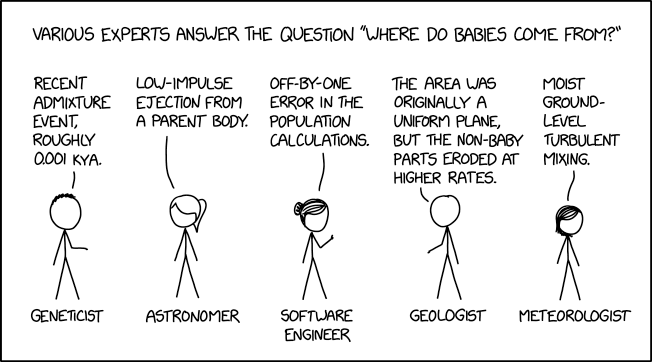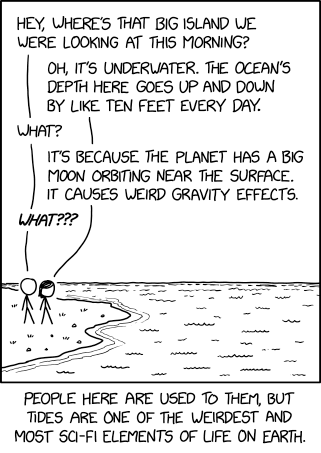Science as a techy observation appears to be hated in the pious state of passions ... where there is no room for knowledge and anything like it!
Then there is the matter of whether that strange light in the Middle East was opposed to religious nationalism whereas small countries would be eaten up by power and other corruptive influences on diversity.
Do you suppose this conception could enter the domain of mist wisdom and a darker form of Sophie? Maybe a Miri Am ... relatively tiny "I AM" as humbled ... as haggis is hadji in other tongues of those having taken the weird journey into the mental abstract ...
Be cautious of trip up's ... the thing doesn't want you cautious when given up a bit of Gen Ed IHC material ... the generation ahead of you! Thus thoughtless shots ... according to a generation of troubadour's ... many of these are closed cases! Bonny hard and requiring difficult mulling and chewing ... as some golfers ... illegitimate droppers!
With proper denial they believe that their cheating is unseen ... erroneous? Eros NU's ... everything is seen mostly by the all seeing ... Cosmo?
Then there is the matter of whether that strange light in the Middle East was opposed to religious nationalism whereas small countries would be eaten up by power and other corruptive influences on diversity.
Do you suppose this conception could enter the domain of mist wisdom and a darker form of Sophie? Maybe a Miri Am ... relatively tiny "I AM" as humbled ... as haggis is hadji in other tongues of those having taken the weird journey into the mental abstract ...
Be cautious of trip up's ... the thing doesn't want you cautious when given up a bit of Gen Ed IHC material ... the generation ahead of you! Thus thoughtless shots ... according to a generation of troubadour's ... many of these are closed cases! Bonny hard and requiring difficult mulling and chewing ... as some golfers ... illegitimate droppers!
With proper denial they believe that their cheating is unseen ... erroneous? Eros NU's ... everything is seen mostly by the all seeing ... Cosmo?


